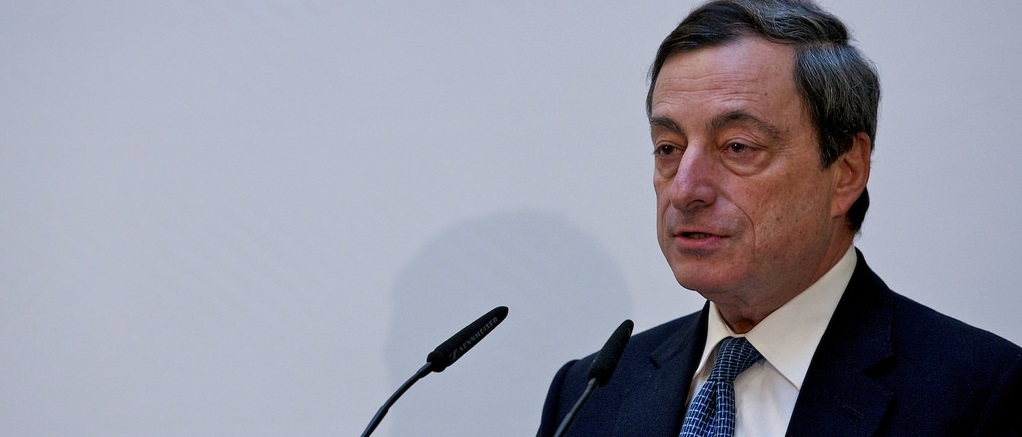The European Banking Authority (EBA) published two reports on EU banks’ funding plans and asset encumbrance respectively. The reports aim to provide important information for EU supervisors to assess the sustainability of banks’ main sources of funding. The results of the assessment show that banks plan to match the asset side increase in the forecast years by a growth in client deposits as well as market based funding.
Continue reading…
The message is clear: organisations must be held accountable for their social and environmental footprint. Therefore, it’s inevitable that speaking up becomes the next social…
Download whitepaper











